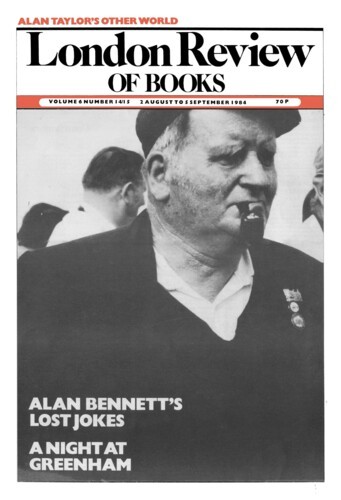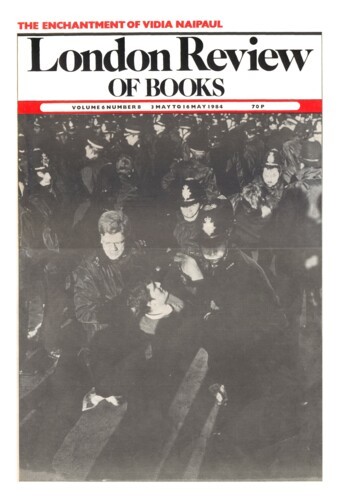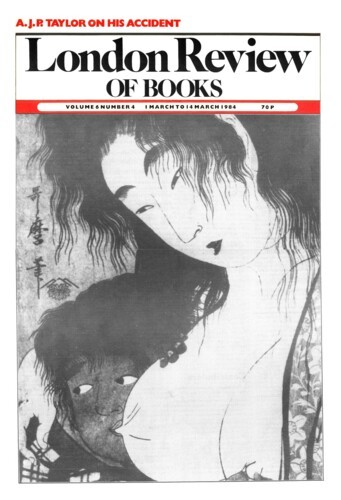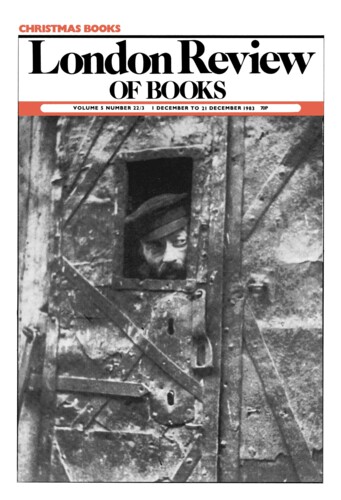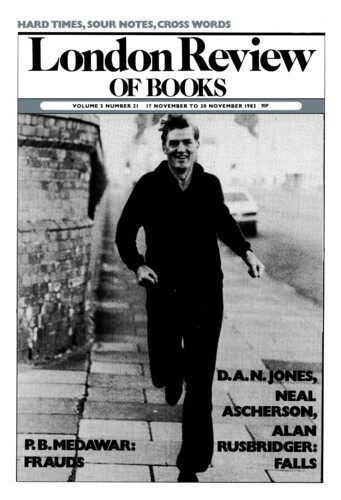Prince Albert, Queen Victoria’s husband, is doing well in his publicity at present, and well he deserves it. There is a fascinating exhibition devoted to him, a sort of glorified guide to the exhibition by Hermione Hobhouse, and a first-class biography by Robert Rhodes James. Albert took a long time to receive his deserts. Indeed I doubt whether he was fully appreciated during his lifetime. He was a foreigner. He disliked the rigmarole of court life and he was altogether too clever. The Great Exhibition of 1851, housed in the Crystal Palace, was inspired by Albert and he organised much of it down to the details. No British monarch has made such a contribution to British life. He was an outstanding architect in an amateur way. Both Osborne and Balmoral were largely his inspiration. Balmoral has remained the favourite country home of British monarchs to the present day and Osborne became Victoria’s favourite in her latter years.
Prince Albert, Queen Victoria’s husband, is doing well in his publicity at present, and well he deserves it. There is a fascinating exhibition devoted to him, a sort of glorified guide to...
